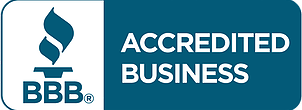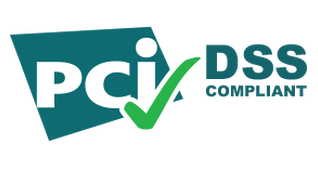At International Bancard, we know that you're busy running your business.![]()
But, before you manually key another sale, you need to think twice. When you manually key a sale, you are opening the door to fraud risks. We'll go over those risks and why you should never manually key a sale.
1. What is a manually keyed sale? A manually keyed sale is when you or your employees physically type in your customers' credit card information into your terminal or POS when making a sale. This could be in-person or a card-not-present situation - like over the phone.
2. Why does manually keying a sale make your business more susceptible to fraud? Fraudsters are tricky and sneaky. They will do everything in their power to go through with their fraudulent ways. They will try and find a way to breach your system in their favor. When they are successful, that means you and your business lose - money, inventory, and reputation to name a few casualties.
All of the card brands (Visa, Mastercard, Discover, and American Express) began disallowing manually keyed sales as EMV has become far more prevalent. The card brands' rules allow a cardholder or issuer to reverse a sale if the sale is reported as fraud later. Manual imprints of the card are no longer accepted as proof of card-presence for a transaction.
If you proceed with manually keying a customer's credit card information, you are opening your business to huge risk and financial liability that is not reversible. If that sale is disputed for fraud - those funds for that sale are not recoverable and there is no remedy to the situation.
This means by manually keying a sale may create a chargeback thus creating a completely unnecessary financial liability. So if you key a sale and the cardholder later claims fraud, your business is out the money for the sale and there is nothing you can do to fix the situation.
International Bancard strongly recommends you NEVER manually key a card-present sale. If a customer's card is not able to be chip-read (inserted) or magnetically swiped on your terminal or POS, we advise that you do not proceed with that sale and ask for another form of payment. There is a very high probability of fraud if the chip and magnetic stripe are not functional.
3. What to do instead of manually keying sales? In the instance that the sale has failed due to a card failure, you should ask the customer for another form of payment - either another card that can be inserted or swiped or cash.
We know that you would never want to turn down a sale, but you and your staff need to be vigilant to not open the door to greater expenses and losses due to fraud. You are the first and last line of defense to protect your business.
There are many ways to keep an eye out for fraud and to be the watch, which you can learn about here.
International Bancard is always here to help our clients fight against fraud. We help educate our clients and partners on the importance of fraud and how to avoid becoming a victim.
Click here to schedule a call with one of our Certified Payment Professionals and learn how your business can protect itself and better avoid fraud.
















